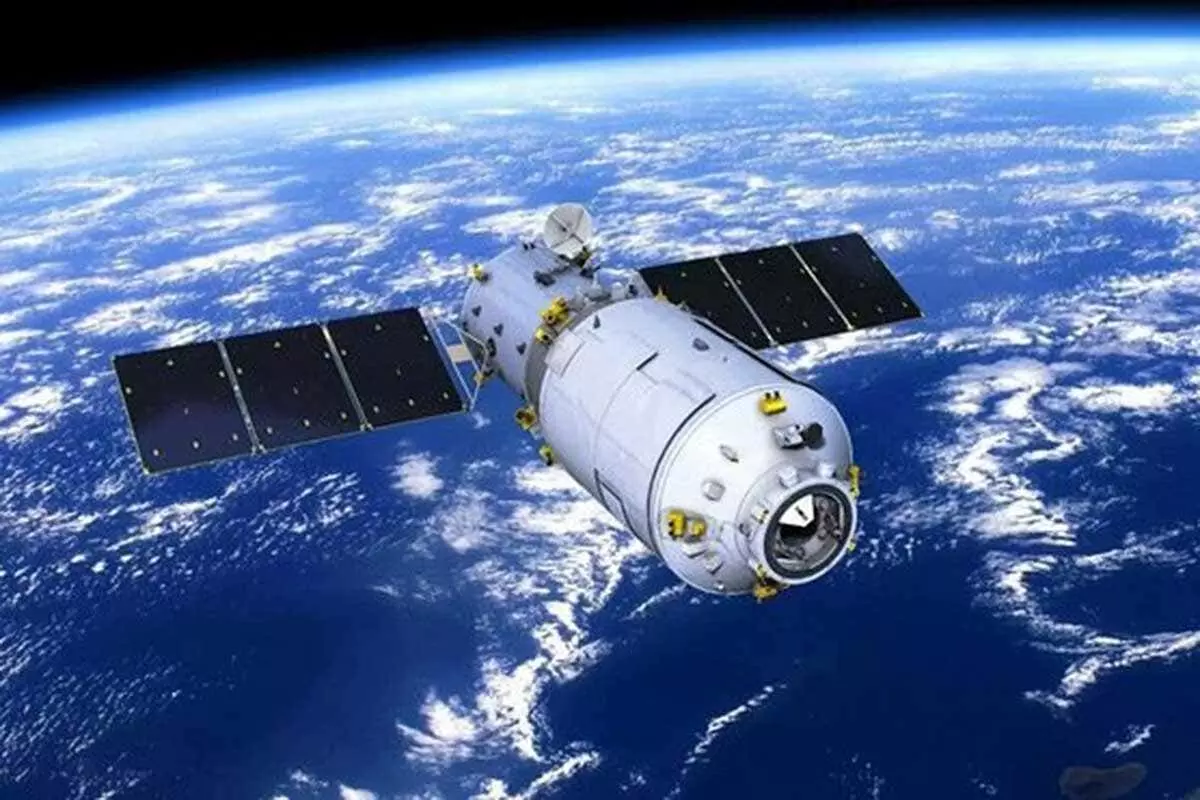
Made in China
text_fieldsThere are only a few who haven't heard of the Hollywood movie Gravity. The science-fiction thriller which played to packed houses in including in India even bagged 7 Oscars in 2014. Gravity was historic for its unprecedented kind of production and the exceptional performance by Sandra Bollock. It is the story of two astronauts who leave for repairs on the Hubble Telescope which is collecting data about the universe. An accident happens while the work is going on, caused by a chain reaction started by a Russian rocket hitting an old space satellite. A cloud of space debris is formed, and one of these astronauts is killed while trying to escape.
Dr Ryan Stone, played by Bollock manages to return safely to earth. It was China's space station and a Chinese spacecraft that paved the way for her safe return. Although the Hubble telescope and the space debris in the movie are closer to reality, it wasn't the case with the Chinese space vehicles. At the time of production, China's space station was still in its infant stage. However, director Alfonso Cuaron, as if with prescience, presented China in a 'saviour' role. While this became a controversy then, this prediction has become more or less true today. After establishing the Tinagong space station, China has safely landed three astronauts there, marking a new chapter in the history of space exploration.
Tang Hongbo, Nie Haisheng, and Liu Boming docked with the space station safely after a six and a half-hour long space flight, in the Shenzhou-12 spaceship launched into space via the Long March 2F rocket. They have docked in the Tianhe core module, part of the Tiangong Space Station. They will now spend three months there, conducting experiments. Nie Haisheng, leading the team has experience with two prior space missions. Once they return, three others will set off to the space station. China's space agency has completed the preparation for this too. China plans to make Tiangong into a fully-fledged space station within a year. The first phase of this is in progress, some four hundred kilometres above our planet. This is not a new sight- we have had this technology since the seventies. The USSR's Salute, Mir and the US' Skylab are all prototypes of space stations. Since 1998, fifteen nations including the United States are running the International Space Station. In the last two decades, ISS has hosted several space flights, and people have stayed there for up to six months. At present, the ISS can host up to seven people. Several experiments including growing plants have already been successfully tried. While one cannot be sure whether Tiangong will do more than these, the Chinese space station is important for some other reasons.
This marks a beginning to establish an alternative to a project as large and elaborate as the ISS. While all the major powers would have some role to play in the ISS, China has never co-operated with it, directly or indirectly. This comes from a political stance is to be on its own and to not be subject to the dominance of the USA or their research institute, NASA. It is their declared goal to build a space station and establish themselves as a new power in the field of space exploration. This is reminiscent of the old Soviet-US space race. Tiangong is part of the new space race. China is on the path to victory in many of its other space missions as well. It was last month that they landed a Mars rover on the red planet, from their Tianwen mars mission spacecraft. Last December, their Chang'e-5 returned with rock and soil samples from the moon. It is the first time since the famous Apollo missions of the US in 1970s that a lunar mission is returning to earth with samples. Tiangong is also a continuation of this.
Tiangong is expected to have a life span of ten years; it may extend to fifteen. The ISS will stop operations by 2024. This means that after 2024, Tiangong would be the only space station in service. There is no doubt that this space race will gift the human race with new discoveries and information about the universe. We only need to find out how humans will use all the new knowledge gained with science and technology.












